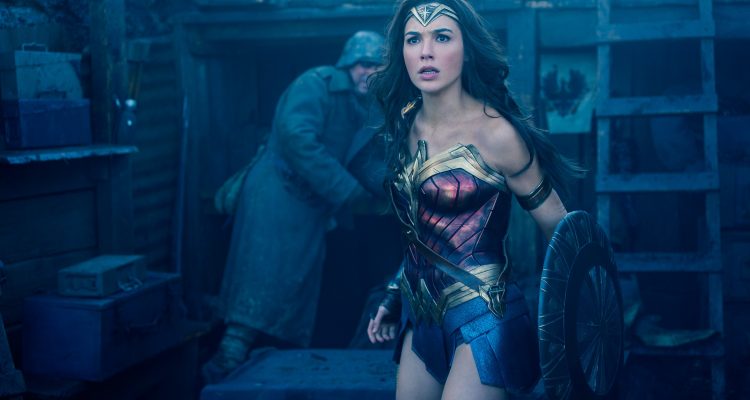In the dark world the DCEU inhabits, “Wonder Woman” has been seen as a bright light for the franchise. Making a box office killing and earning praise from critics and moviegoers alike, “Wonder Woman” pivots from what has thus far been expected of the DC universe. One of the more striking ways Patty Jenkins’ film does this is through the use of color.
A video essay by Patrick (H) Willems discusses just how the film so effortlessly, yet poignantly uses color to its advantage. As “Wonder Woman” opens, we’re placed in Themyscira, the city-state island inhabited by The Amazons. The colors are bright, lush, and balanced, evoking the utopian space. As Diana ventures into the world of men, a more familiar look inspired by Zack Snyder’s previous DC films is dark, muted, and colder. These two settings are not created without purpose. Jenkins artfully uses color to demonstrate a real juxtaposition, adding to the commentary of a world at peace versus a world at war.
The colors identified with Wonder Woman, as a character, are most visible in the battle of No Man’s Land. In the pivotal scene, complete with gun fire and slow motion, Wonder Woman makes her superhero debut; an announcement of her presence and purpose. In the bleak void of No Man’s Land, Wonder Woman stands out with the warmth of her skin tone and the red of her costume, and later with the bright light of her Lasso of Truth.
Through the use of color, Wonder Woman is portrayed as a literal beacon of light; synonymous with hope. “Wonder Woman” uses color in a way that is subtle, but creates a deeper layer of meaning through its hues and pallette.

